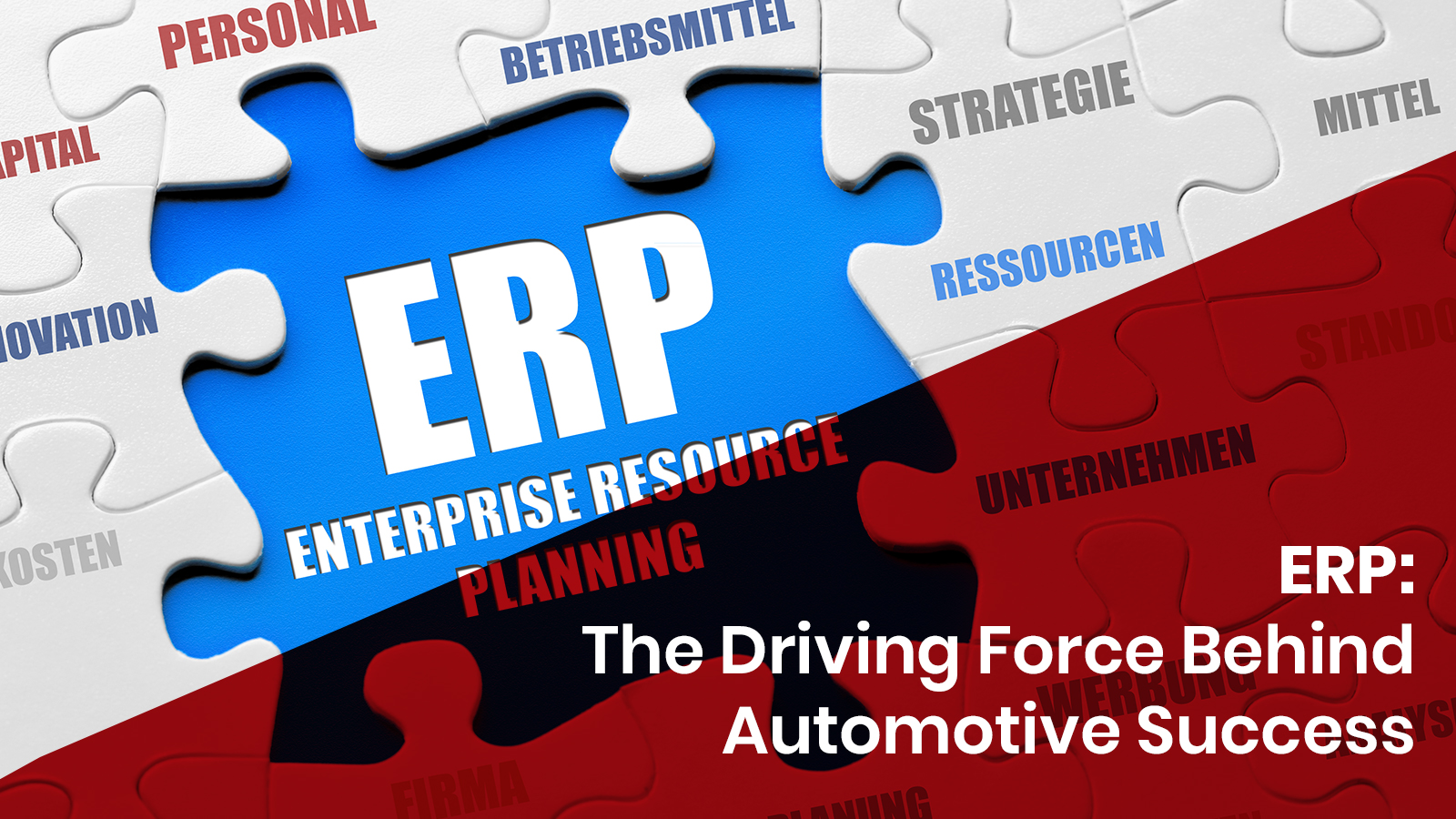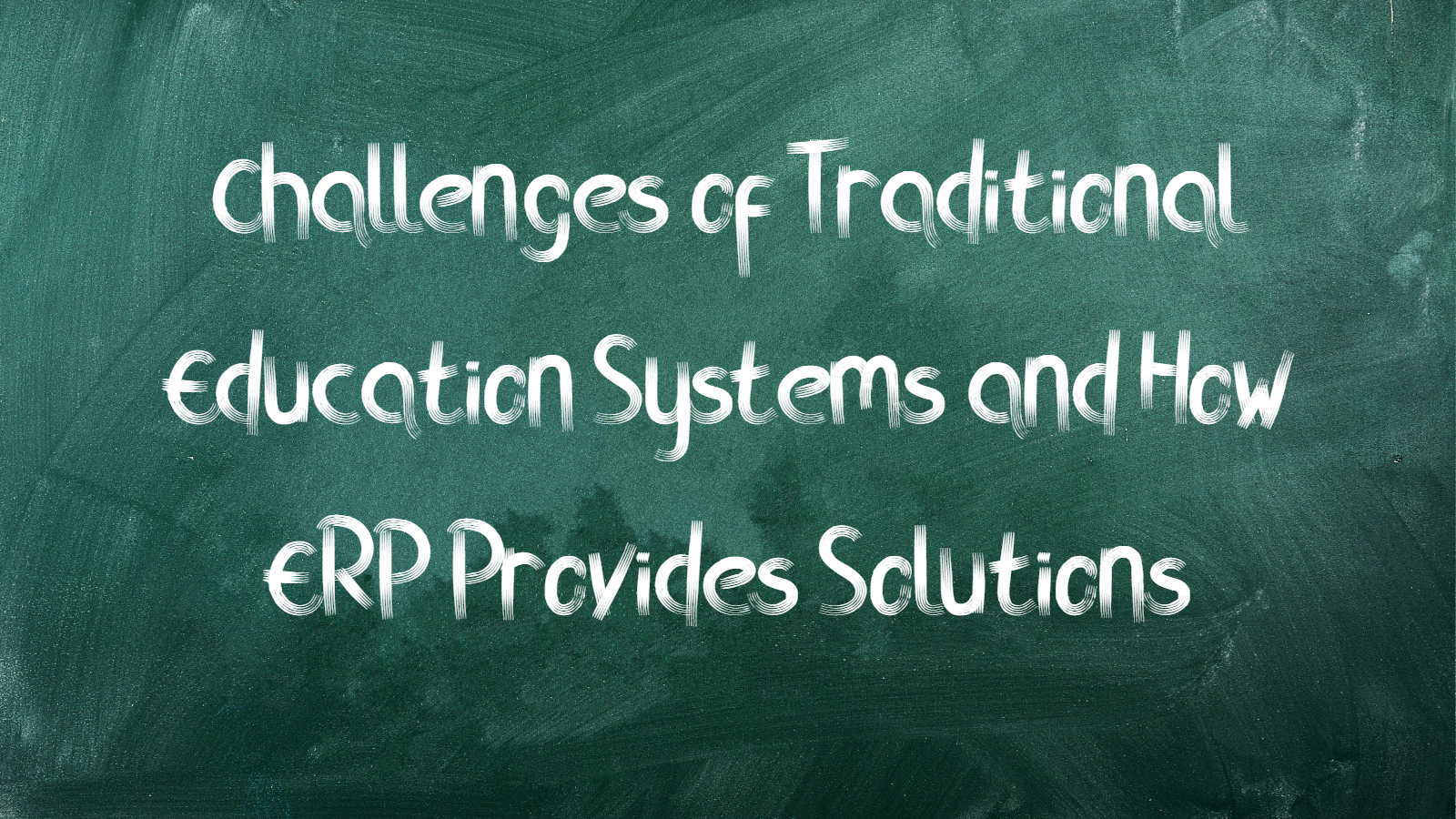Introduction
In the dynamic and fast-paced world of the Indian automotive industry, success is not merely a result of innovative designs and cutting-edge technologies. It’s a combined effort of streamlined processes, efficient resource management, and seamless communication. Enter Enterprise Resource Planning (ERP), the technology that is quietly but significantly driving the success of the automotive sector in India.
Understanding ERP
Before looking into the impact of ERP on the automotive industry, let’s briefly understand what ERP is. Enterprise Resource Planning is a comprehensive software solution that integrates and manages core business processes in real-time. It unifies data and processes across an organization, providing a single source of truth that fosters collaboration and enhances decision-making.
The Automotive Boom in India
India has emerged as a global automotive hub, with the industry contributing significantly to the country’s economic growth. According to the Society of Indian Automobile Manufacturers (SIAM), India produced over 27 million vehicles in the year 2021-22, making it the fourth-largest automobile market globally. This has brought both opportunities and challenges, and this is where ERP steps in.
Streamlining Supply Chain Management
One of the critical components of the automotive industry is the supply chain, and ERP plays a crucial role in streamlining and optimizing complex operations. From procurement of raw materials to the delivery of finished products, ERP ensures a seamless flow of information, reducing lead times and minimizing disruptions. This results in cost savings and improved overall efficiency.
According to a report by Allied Market Research, the ERP market in India is expected to reach $3.3 billion by 2026, with a compound annual growth rate (CAGR) of 15.2% from 2019 to 2026.
Enhancing Production Planning
Efficient production planning is paramount in the automotive sector, where precision and timeliness are absolutely necessary. ERP systems provide real-time insights into production processes, allowing manufacturers to optimize schedules, allocate resources effectively, and respond promptly to market demands. This is a game-changer in an industry where adaptability is key to success.
Facilitating Regulatory Compliance
The automotive industry is subject to different regulations and standards. Non-compliance can result in severe consequences, including legal issues and damage to reputation. ERP systems are equipped to ensure compliance with industry-specific regulations, environmental standards, and quality certifications. This approach not only reduces risks but also fosters transparency and accountability.
Empowering Decision-Making with Data
In an era where data is often referred to as the new oil, ERP systems empower automotive leaders with prompt and accurate insights. Real-time data analytics enables informed decision-making, from predicting market trends to optimizing production processes. This data-driven approach not only enhances operational efficiency but also positions automotive companies to stay ahead in a competitive landscape.
Conclusion
As the automotive industry in India continues to grow and evolve, the role of ERP cannot be overstated. It’s the driving force that enables companies to navigate challenges, capitalize on opportunities, and deliver top-notch products to a demanding market. The ERP market is projected to witness significant growth in the coming years. Embracing ERP is not just a technological upgrade; it’s a strategic move towards sustained success in the fast-paced world of Indian automotive manufacturing.
Frequently Asked Questions (FAQs)
What is ERP, and how does it apply to the automotive industry in India?
ERP, or Enterprise Resource Planning, is a comprehensive software solution that integrates and manages core business processes in real-time. In the Indian automotive industry, ERP plays a crucial role in streamlining operations, optimizing supply chains, and enhancing overall efficiency. It acts as a centralized platform for data management, facilitating better decision-making and improved collaboration across various departments.
How does ERP contribute to the success of the automotive sector in India?
ERP contributes to the success of the automotive sector in India in several ways. It streamlines supply chain management, enhances production planning, facilitates regulatory compliance, and empowers decision-making with real-time data insights. By providing a unified view of critical business processes, ERP systems enable companies to navigate challenges effectively, capitalize on opportunities, and maintain a competitive edge in the market.
Can you provide examples of Indian automotive companies that have benefited from implementing ERP systems?
Certainly. TransACNR and Autobahn are two companies that have benefited greatly from implementing Elvis Automobile ERP. By implementing Elvis Automobile ERP, TransACNR and Autobahn experienced better efficiency, inventory management and cost-savings.
How does ERP help in optimizing supply chain management in the automotive industry?
ERP optimizes supply chain management by providing real-time visibility into the entire supply chain. It helps in monitoring and managing the procurement of raw materials, production processes, and the delivery of finished products. By streamlining these processes, ERP reduces lead times, minimizes disruptions, and enhances overall supply chain efficiency. This results in cost savings and improved collaboration between suppliers, manufacturers, and distributors.
In what ways does ERP enhance production planning for automotive manufacturers?
ERP enhances production planning by providing real-time insights into production processes. It allows manufacturers to optimize production schedules, allocate resources effectively, and respond promptly to market demands. This agility is crucial in an industry where adaptability is key to success. By aligning production plans with market trends, ERP systems enable automotive manufacturers in India to stay competitive and meet customer demands efficiently.
How does ERP contribute to regulatory compliance in the automotive sector?
ERP systems contribute to regulatory compliance in the automotive sector by ensuring that companies adhere to industry-specific regulations, environmental standards, and quality certifications. These systems are equipped with features that help in monitoring and documenting compliance-related activities, reducing the risk of legal issues and reputational damage. This proactive approach fosters a culture of transparency and accountability within the organization.
What role does ERP play in empowering decision-making with data in the automotive industry?
ERP plays a significant role in empowering decision-making with data by providing real-time analytics and insights. The data-driven approach allows automotive leaders to make informed decisions, from predicting market trends to optimizing production processes. With a centralized platform for data management, ERP systems enable quick and strategic decision-making, helping companies in the Indian automotive industry to stay ahead in a competitive landscape.








